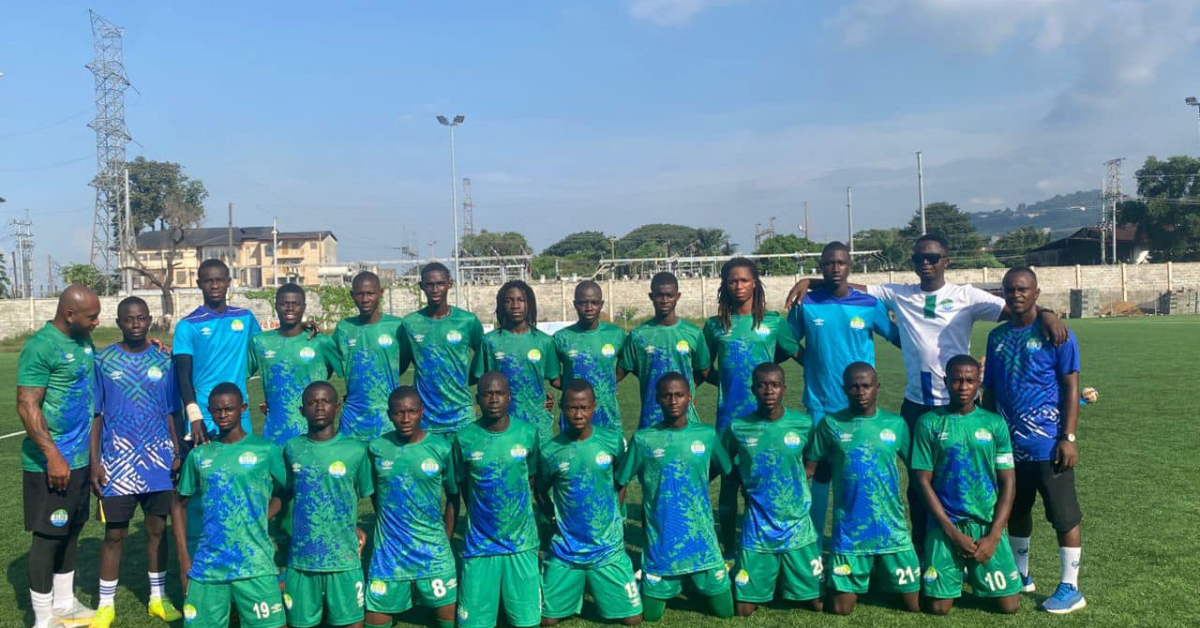Sierra Leone’s U15 national football team has been forced to withdraw from the African Schools Championship qualifiers in Senegal due to a series of administrative failures.
Investigations have uncovered that, despite the team preparing for the tournament over the past three months, issues with passport documentation led to the withdrawal—an embarrassing setback for the Sierra Leone Football Association (SLFA).
Sources close to the team have revealed that during Chris Kamara’s tenure as General Secretary of the SLFA, it was standard procedure for all players invited to the national squad to provide valid travel documents. If any player lacked the necessary paperwork, the FA would immediately process it. However, players who did not make the final squad were required to reimburse the costs of document preparation. This well-established process was evidently overlooked, as the SLFA only began applying for passports a week before the team’s departure date, a delay that proved disastrous.
Concerns about the delay have been compounded by reports of alleged interference in the player selection process. Insiders claim that this interference led to the final squad not being determined in a timely manner, leaving the SLFA scrambling to secure passports just days before the tournament. While some suggest that recent disruptions in the immigration system, which reportedly experienced a hack, may have contributed to the delay, others have questioned why the FA waited until the last minute to address the issue.
“This situation could have been avoided with better planning and foresight,” one source stated. “The real question is why the SLFA did not act sooner to ensure the players were ready for travel.”
The debacle raises serious questions about the SLFA’s preparedness and its commitment to supporting the national team. Despite the association informing both WAFU A and CAF of the team’s withdrawal, the episode highlights the ongoing struggles in Sierra Leone football administration, with inefficiencies continuing to hamper the development of the sport at the national level.
As the SLFA faces scrutiny, the future of Sierra Leone’s football program rests on its ability to address these systemic issues and ensure such mismanagement does not continue to undermine the country’s potential on the international stage.











